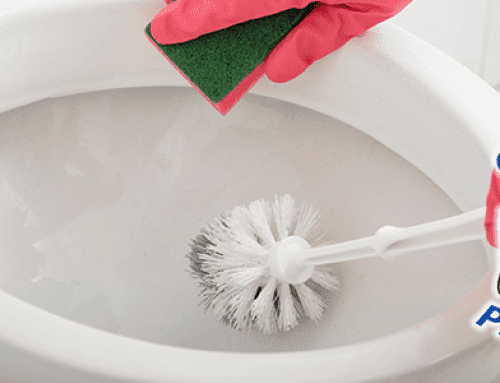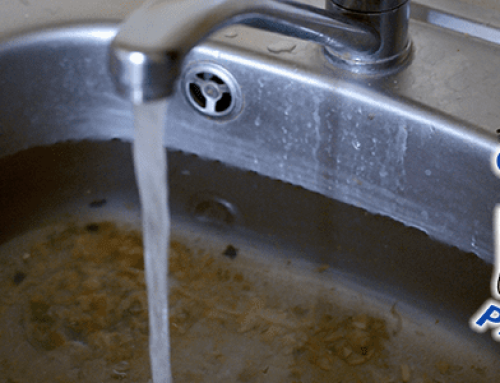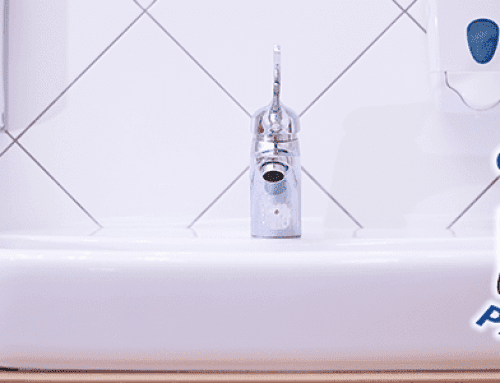Is it Safe to Use Liquid Drain Cleaner?
There are a lot of ways your drain can become clogged. Kitchen sinks fall victim to chunks of food and wads of grease. Bathroom sinks can get backed up with hair and toothpaste… And that’s to say nothing about the toilet or shower. Just as there are many ways to clog a drain, there are many ways to unclog it, too. Some plumbers have a problem with one in particular of these many methods. DIY home repairs are becoming very popular these days, and why not? In theory, it can save you time and money, and many of these methods claim to be easy or hands-off. One such method is the liquid drain cleaner.
Do they live up to the hype, or are many of today’s professionals right to be skeptical?
What Are Liquid Drain Cleaners?
As the name implies, liquid drain cleaners are liquid chemicals that clean drains. These tend to be solutions made up of sodium hydroxide, which you may know as lye. Some also use sulfuric acid. As both of these chemicals are toxic and can cause heavy damage to both metal and organic material, it’s no wonder pros advise caution. However, this corrosive quality is also what makes them work. The alkaline chemicals released by liquid drain cleaners generate heat. The heat and chemical properties break down tough grease and organic clogs… Including paper products! Other chemicals like bleach and nitrates oxidize clogs, making them easier to dissolve in water.
Can Liquid Drain Cleaners Damage My Pipes?
Oh, for sure. Everything they do to your clogs, they can do to the lining of your plumbing or your plumbing itself. PVC pipes aren’t safe from these chemicals, either. If you fail to flush them down with hot water or the chemicals fail to break up a clog, your pipes could suffer a lot of damage. Even if they break down a clog, they will usually fail to address it if that clog has an underlying cause. For example, a bent or broken pipe or tree roots will continue causing problems. And if you keep using drain cleaner? The problems can multiply fast.
There is also the human and animal element to consider. Pets and children are at serious risk from these chemicals. Even a tiny bit that’s ingested due to the chemical finding its way into your water can put a child in the hospital. On the other hand, a pet licking up some that spilled on the floor might not make it. This applies outdoor, too. If you have a broken sewer main and the chemical leaches into the environment, it can cause major problems for plants and animals.
What Should I Use Instead of Liquid Drain Cleaner?
As you might expect, you should keep your liquid drain cleaning to a minimum. However, if you still want to try the DIY approach, you have some options. Boiling water followed by ice-cold water can often do the job, and the foaming power of baking soda mixed with vinegar is a proven fix. Half a cup of each poured down your drain and left overnight can work wonders on easy clogs. For other clogs, a drain snake might help. Small plastic varieties are available at hardware stores everywhere.
However, if you’ve got an ongoing issue with clogs, you must seek professional help. Repeat clogs can tell of a problem in the sewer line or a broken pipe. It can be many things, and you don’t want to let any of them sit around and get worse. Should you really use liquid drain cleaner? If you have a clog you can’t beat, dry the home remedies of boiling water, baking soda, and vinegar first. Next, and before using a liquid cleaner, call Conyers Plumbing. Let us know your situation, and we’ll tell you if it’s safe to use. If it isn’t, or even if it is, we’d be happy to come in and unclog your pipes.




